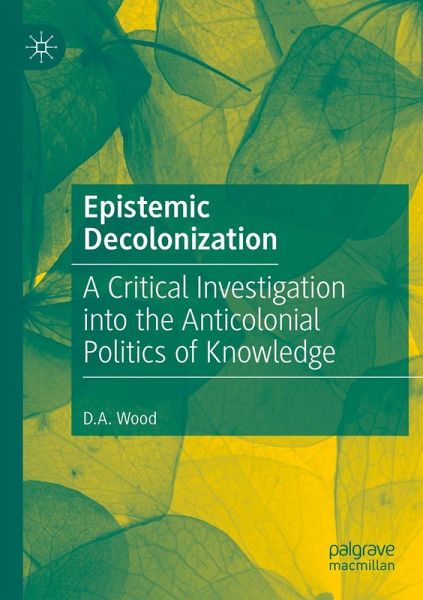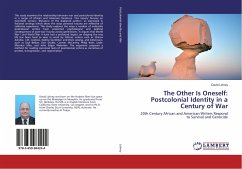
Epistemic Decolonization
A Critical Investigation into the Anticolonial Politics of Knowledge
Versandkostenfrei!
Versandfertig in 6-10 Tagen
49,99 €
inkl. MwSt.
Weitere Ausgaben:

PAYBACK Punkte
25 °P sammeln!
European colonization played a major role in the acquisition, formation, and destruction of different ways of knowing. Recently, many scholars and activists have come to ask: Are there ways in which knowledge might be decolonized? Epistemic Decolonization examines a variety of such projects from a critical and philosophical perspective. The book introduces the unfamiliar reader to the wide variety of approaches to the topic at hand, providing concrete examples along the way. It argues that the predominant contemporary approach to epistemic decolonization leads one into various intractable theo...
European colonization played a major role in the acquisition, formation, and destruction of different ways of knowing. Recently, many scholars and activists have come to ask: Are there ways in which knowledge might be decolonized? Epistemic Decolonization examines a variety of such projects from a critical and philosophical perspective. The book introduces the unfamiliar reader to the wide variety of approaches to the topic at hand, providing concrete examples along the way. It argues that the predominant contemporary approach to epistemic decolonization leads one into various intractable theoretical and practical problems. The book then closely investigates the political and scientific work of Frantz Fanon and Amílcar Cabral, demonstrating how their philosophical commitments can help lead one out of the practical and theoretical issues faced by the current, predominant orientation, and concludes by forging links between their work and that of some contemporary feministepistemologists.














